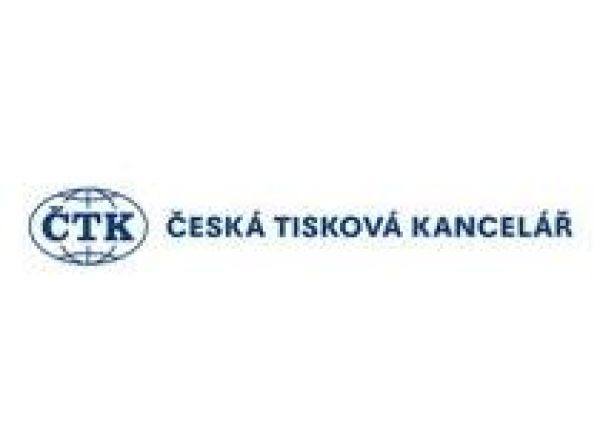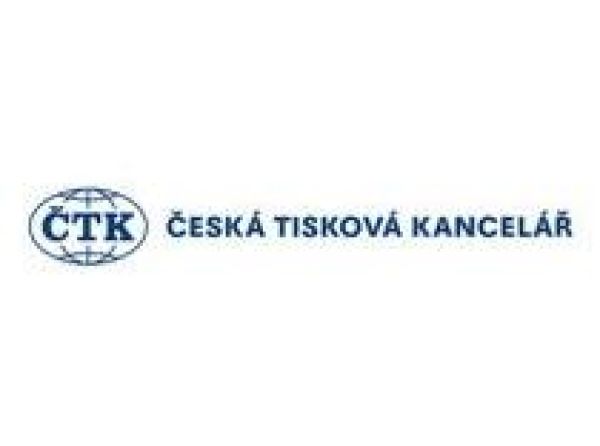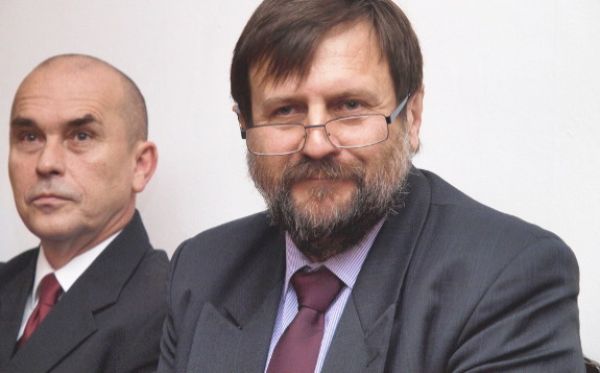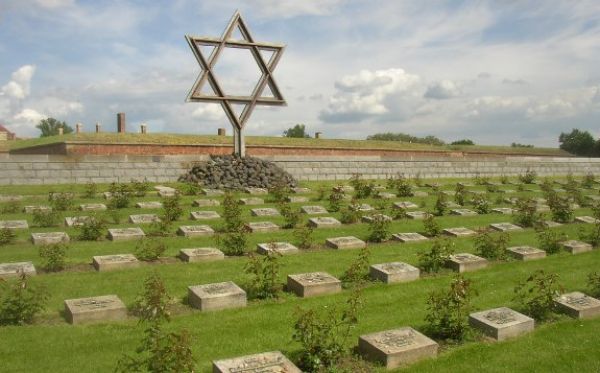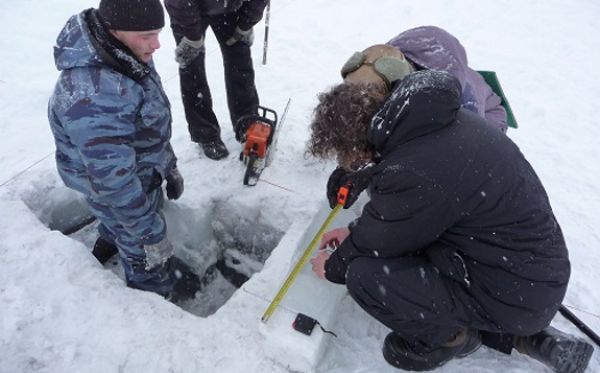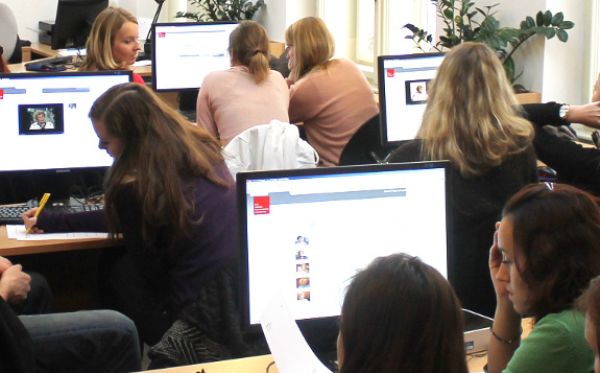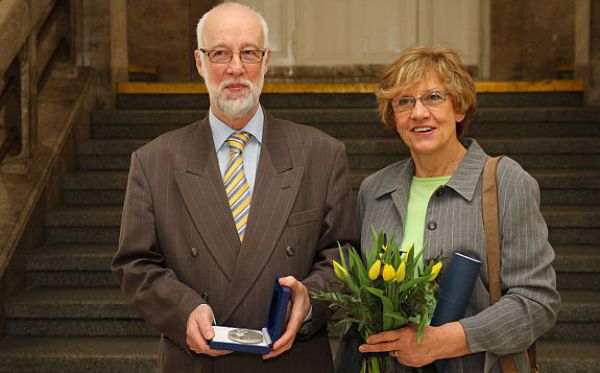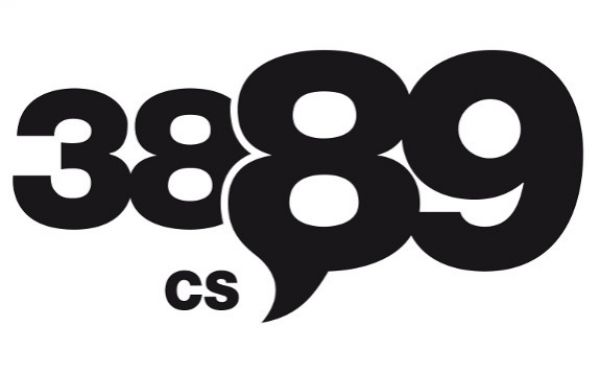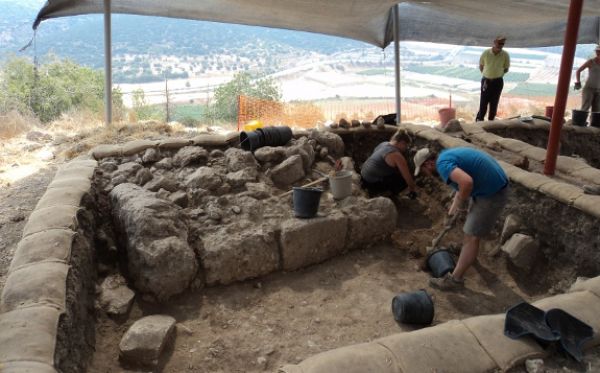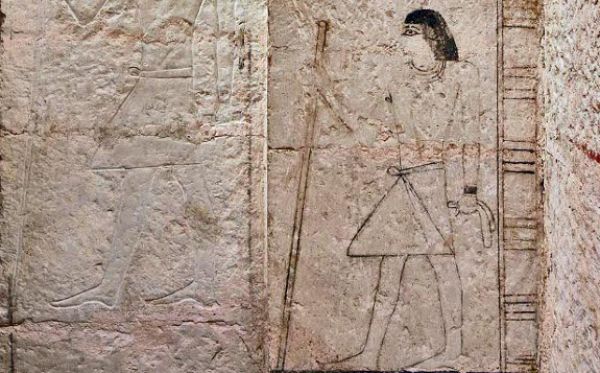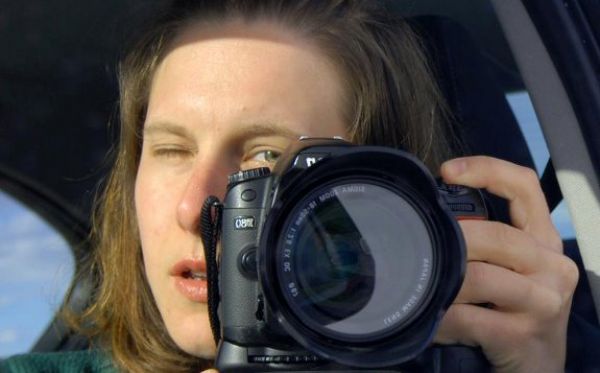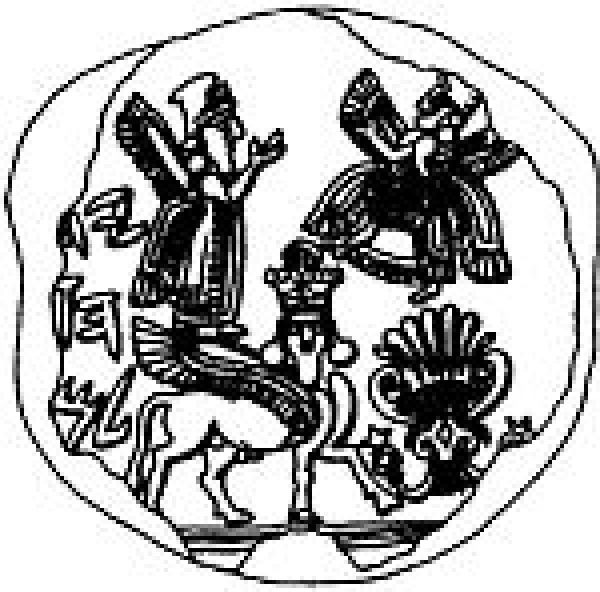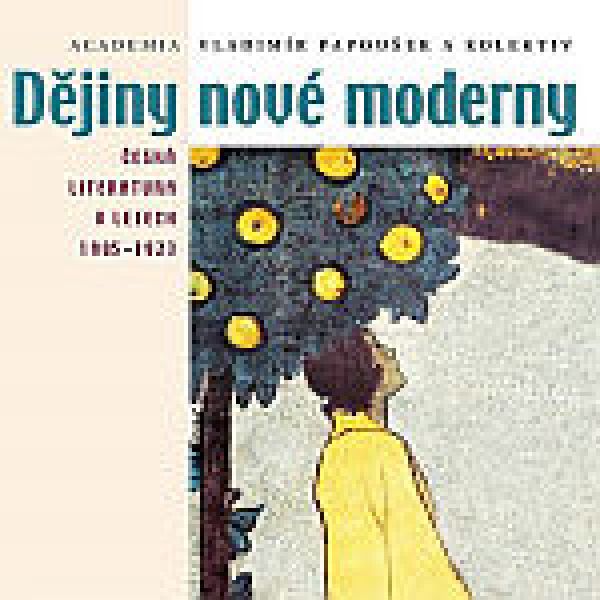Super User
Nový software umožní zubařům FN Plzeň plánovat léčbu i učit
Plzeňská fakultní nemocnice získala pro svou stomatologickou kliniku nový speciální počítačový program, který umožní simulovat stomatologickou léčbu pacientů i vyučovat mediky Lékařské fakulty UK. Software za víc než půl milionu korun dokáže naskenováním sádrových modelů a otisků chrupu vytvořit digitální modely, s nimiž mohou stomatologové i pedagogové dál virtuálně pracovat. Kromě toho, že na nich mohou modelovat postupy léčby a navrhovat ortodontické aparáty, jsou digitální záznamy také mnohem lépe skladovatelné než dosavadní klasické, například sádrové, modely, řekla ČTK mluvčí nemocnice Gabriela Levorová.
Stipendia mají zvýšit počet romských vysokoškoláků
Na českých vysokých školách studuje odhadem více než stovka Romů, jejich počty se snaží zvýšit Romský vzdělávací fond prostřednictvím stipendií. Jen tento akademický rok dostalo podporu 38 vysokoškoláků. Koordinátorka projektu Iva Hlaváčková ČTK na dnešním setkání stipendistů řekla, že Romové studují nejčastěji pedagogiku, humanitní vědy, ale také ekonomii, medicínu a technické obory.
Fico a Rusnok podepíšou smlouvu o uznávání vzdělávání
Premiér v demisi Jiří Rusnok a slovenský premiér Robert Fico, dnes v Praze podepíšou smlouvu o vzájemném uznávání vzdělávacích dokladů mezi Českou a Slovenskou republikou. Vzájemné uznávání dokladů má sloužit hlavně pro studium na vysokých školách. Nepočítá například s uznáváním dokladů kvůli přístupu k regulovaným povoláním ani s uznáváním titulů docent a profesor.
2. lékařská fakulta UK oslavila 60. výročí koncertem
Docent Leitner, profesor Pyšek a doktorka Havránková převzali Cenu ministra školství
Rodinná tichá pošta o holocaustu. Co nakonec uslyšíme?
Také při každém rodinném setkání posloucháte historky, které se mezi vašimi blízkými předávají z generace na generaci? A zkoušeli jste někdy pátrat po tom, jestli jsou vůbec pravdivé? Co když nejsou, co když ve skutečnosti bylo všechno trošičku jinak? Právě rodinnému tradování příběhů lidí, jež si prošli hrůzami koncentračních táborů, se věnuje antropoložka Mgr. Zuzana Schreiberová.
Illustrations score high in Science is Beautiful competition
Chelyabinsk meteorite being studied by scientists from the Faculty of Science
As soon as the news that a large meteorite had fallen near the town of Chelyabinsk started spreading around the world on February 15, Dr. Gunther Kletetschka, Ph.D., from the CU Faculty of Science, started organising an expedition to Russia. Together with his student Ladislav Nábělek and Darja Kawasumi, a specialist in international relations, they were the first foreign researchers to carry out field research in the area where the meteorite fell. One of the things they are searching for is, for example, whether some hitherto unknown organism didn’t fall to Earth with the meteorite.
Prague faced with depopulation of city centre and influx of migrants
How is Prague developing under the influence of the social and economic transformation that has been taking place in Czech society over the last twenty years? An answer to this question was sought by a team of social geographers from the Urban and Regional Laboratory of the Faculty of Science of Charles University in a study entitled Social Changes in the Districts of Prague. The study, published in the middle of this year, was edited by doc. RNDr. Martin Ouředníček, Ph.D., and RNDr. Jana Temelová, Ph.D.
The Twentieth Century in 52 000 autobiographical Narratives at CU
Malach Centre for Visual History is located at the Faculty of Mathematics and Physics of Charles University in Prague. The Centre provides local access to vast Visual History Archive of interviews with Holocaust witnesses and survivors. The archive is administered by the Shoah Foundation at the University of Southern California and fully accessible through an on-line interface. Almost 52 000 interviews have been conducted between 1994 and 2000 in 56 countries and 32 languages.
Translation - a demanding discipline
On Thursday 18, 2013, a silver medal of Faculty of Arts was bestowed at the meeting of the Research Council. The person who received it for his contribution to international Bohemian studies, translation studies and didactics was British scientist and translator Patrick Corness. In the interview we talked about translation from Czech, problems with poetry and applications designed to make translators’ lives easier.
‘Czechoslovakia 38-89’ computer game changes the teaching of modern history
Liquid asphalt, molten glass: studying fluid dynamics at the Nečas Centre for Mathematic Modelling
Mathematic models help us to understand the flow of blood through capillaries, behaviour of molten glass, flow patterns of asphalt and the movement of icebergs or the Earth’s crust. New theoretical questions associated with fluid dynamics and the deformation of various materials constantly crop up in practise, and the most interesting of these are addressed by the internationally recognised Nečas Centre for Mathematic Modelling.
Summer in Israel. Students uncover history in new archaeological locations
Six students of the CU Protestant Theological Faculty have been given a unique opportunity to travel to Israel in the summer, together with CU Vice Rector docent Martin Prudký and Dr. Filip Čapek, and participate in research at the Tel Azekah archaeological site, which is organised by the Lautenschläger Azekah Excavation Project consortium.
Discovery of a New Unique Tomb at Abusir
PRVOUK brings together researchers who have until now known each other by name
A year ago, Charles University launched PRVOUK, a set of programmes offering scientists and scholars the opportunity for interdisciplinary co-operation and intergenerational research teams. How successful was the launch of the dialogue between disciplines and generations in the programme entitled History in Interdisciplinary Perspective? Doc. Marie Šedivá Koldinská, a member of the programme's board, explains.
Scientists from Anthropictures studio help to make life in towns better
Their aim is to make life in public spaces better, help town councils find the best way to develop their communities and also to increase public awareness of social anthropology. They call themselves the Anthropictures studio. The members of this studio are social anthropologists from universities all over the Czech Republic. One of them is Markéta Slavková, a postgraduate student at the CU Faculty of Humanities.
How many words for one God? Martin Prudký on the Colloquium Biblicum symposium.
In the following interview, the main organizer of the Colloquium Biblicum, doc. ThDr. Martin Prudký, Charles University Prorector for Student Affairs and head of the Department of Old Testament Studies at the Protestant Theological Faculty, talks about this year’s symposium whose theme focused on the linguistic and rhetorical aspects of the “monotheistic” concept of god in Biblical and related traditions.
A History with a Difference
On March 3, 2011, the Institute of Czech Literature and Literary Studies organized an event to promote the book “Dějiny nové moderny. Česká literatura v letech 1905–1923” (The History of New Modernism. Czech Literature 1905–1923). Co-organized by the Students’ Council of the Charles University Faculty of Arts, the event took place in a lecture hall on the faculty’s premises on náměstí Jana Palacha.


